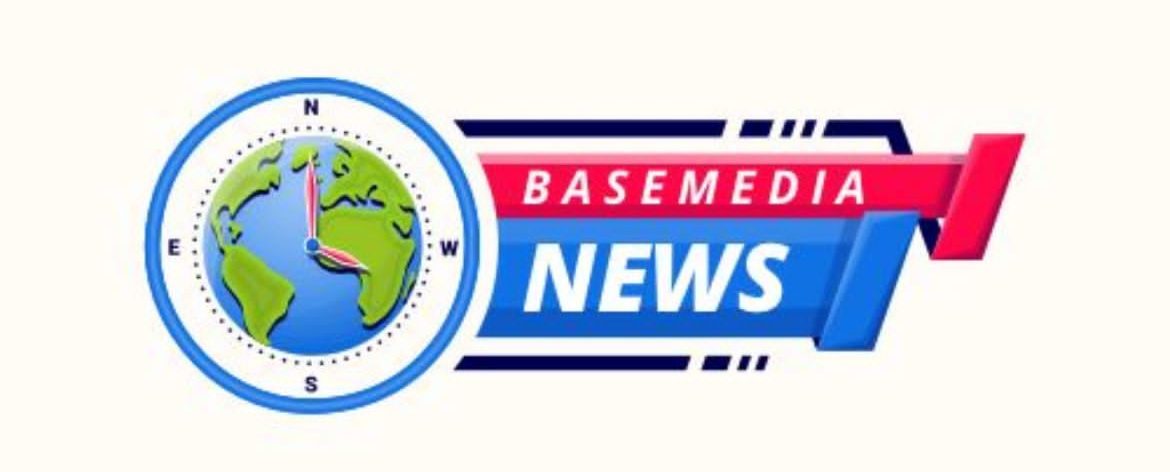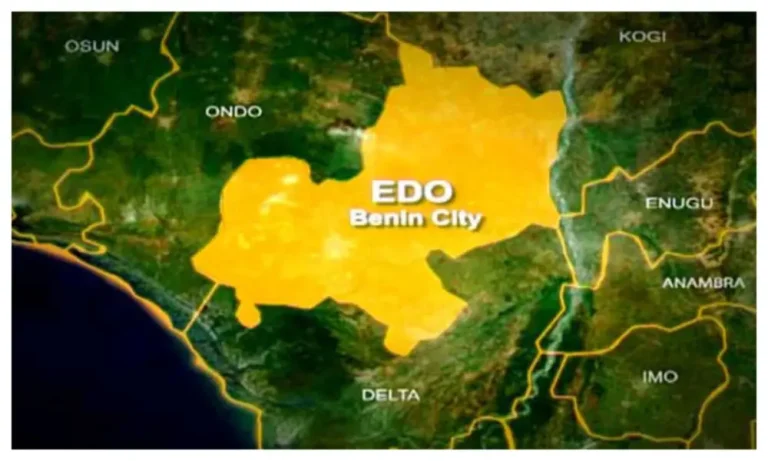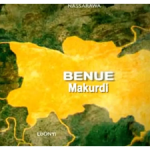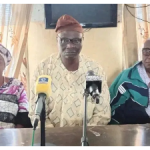On Tuesday, Edo State private school owners said that ten or more of their institutions had been placed up for sale due to what they called exorbitant state taxes.
According to reports, this was said at a one-day consultative town hall meeting of the Association of Private School Owners of Nigeria, or APSON, in Benin City by Dr. Ngozi Christy Emuen, the organization’s chairperson.
Under the auspices of the Coalition of Association of Private Schools, or CAPS, private school owners organized the gathering with the goal of expressing a common stance on the new educational regulations that the Edo State Ministry of Education had proposed.
According to APSON, which criticized the government for taxing private schools excessively, members pay roughly nine separate charges, including fumigation fees.
According to Emuen, roughly ten owners have subsequently listed their schools for sale as a result of the development.
The government’s mandate to switch from formal to skills-based education was also criticized by CAPS, which is made up of a number of educational organizations.
The Association for Formidable Education Development (AFED), the National Association of Proprietors of Private Schools (NAPPS), the Association of Model Islamic Schools, and APSON make up the group.
According to the alliance, the academic transformation cannot be merely a mandate; rather, it must be the result of ongoing discussions with private stakeholders, who are important figures in the education industry.
According to the organization, “we are aware that the government has the constitutional right to provide a policy framework, and we are also aware that the government has the responsibility to provide an enabling environment for such a policy to thrive.”
“Until a policy passes the three critical tests of objectivity, inclusivity, and practicality,” said Dr. Osagie Erhunmwunse, the state controller of AFED and spokeswoman for APSON.
“That means that you have to realize that you are not serving one sector of society in order to make a policy,” he said.
Everyone must be on board. “The government must take a seat and determine whether the skill education project is feasible.
From formal to skill, how do we get there? Saying “go and do this” cannot be considered a direction. No.
What assistance is available to us for transit? The engagement includes those. This is how the leaders of the private school owners organization woke up to see the education policy, as you have all heard.
“We can’t be asked to come and do something we weren’t involved in in the first place.”
The goal of the Edo government’s skill education directive is to give junior secondary school, or JSS 3, students practical skills and required entrepreneurship training.
Students would get a Skills Acquisition Certificate in addition to their Basic Education Certificate Examination, or BECE, upon completion of the required entrepreneurship courses and practical skills.





